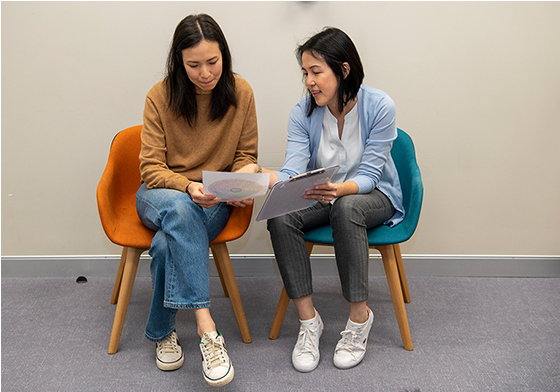Search
Research
Nationally Subsidized Continuous Glucose Monitoring: A Cost-effectiveness AnalysisThe Continuous Glucose Monitoring (CGM) Initiative recently introduced universal subsidized CGM funding for people with type 1 diabetes under 21 years of age in Australia. We thus aimed to evaluate the cost-effectiveness of this CGM Initiative based on national implementation data and project the economic impact of extending the subsidy to all age-groups.
Research
A phase III, multicenter, randomized, double-blind, active comparator-controlled study to evaluate the safety, tolerability, and immunogenicity of catch-up vaccination regimens of V114, a 15-valent pneumococcal conjugate vaccine(PNEU-PLAN)Despite widespread use of pneumococcal conjugate vaccines (PCVs) in children, morbidity and mortality caused by pneumococcal disease (PD) remain high. In addition, many children do not complete their PCV course on schedule. V114 is a 15-valent PCV that contains two epidemiologically important serotypes, 22F and 33F, in addition to the 13 serotypes present in PCV13, the licensed 13-valent PCV.
Research
Feasibility of unsedated lung MRI in young children with cystic fibrosisKathryn Ramsey BSc (Hons), PhD Co-Head, Foundations of Lung Disease kathryn.ramsey@thekids.org.au Co-Head, Foundations of Lung Disease Associate
Research
Development of prognostic model for preterm birth using machine learning in a population-based cohort of Western Australia births between 1980 and 2015Preterm birth is a global public health problem with a significant burden on the individuals affected. The study aimed to extend current research on preterm birth prognostic model development by developing and internally validating models using machine learning classification algorithms and population-based routinely collected data in Western Australia.
Research
Rural workforce challenges: Why not rural psychiatry?The Australian psychiatry workforce is under-subscribed and highly urbanised. Currently, 90% of psychiatrists work in the cities, and there are significant projected workforce shortages of psychiatrists throughout Australia, particularly in rural and remote locations.
Research
The effects of prenatal bisphenol A exposure on brain volume of children and young miceBisphenol A (BPA) is a synthetic chemical used for the manufacturing of plastics, epoxy resin, and many personal care products. This ubiquitous endocrine disruptor is detectable in the urine of over 80% of North Americans.

Functional capacity assessments help families and the NDIS ensure that children receive the right level of support, resources, and funding to achieve their goals.

Research
Allergen ligands in the initiation of allergic sensitization topical collection on allergensMany important allergens are not covalently bound to lipid or carbohydrate, but have structures belonging to lipid, glycan and glycolipid-binding families.
Research
Low maternal serum vitamin D during pregnancy and the risk for postpartum depression symptomsPregnancy is a time of vulnerability for vitamin D insufficiency, and there is an emerging literature associating low levels of 25(OH)-vitamin D with...
